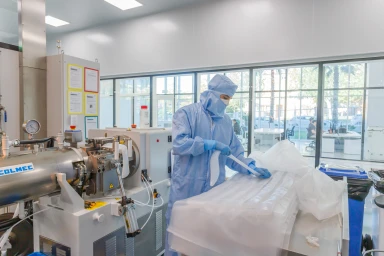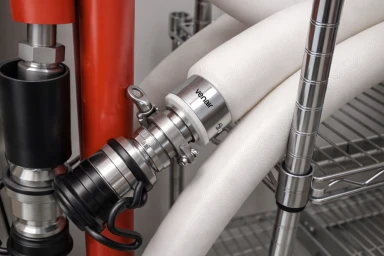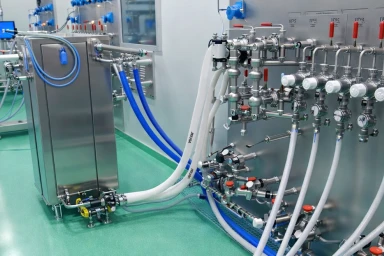How many H2 vehicles can be refuelled in 24h?
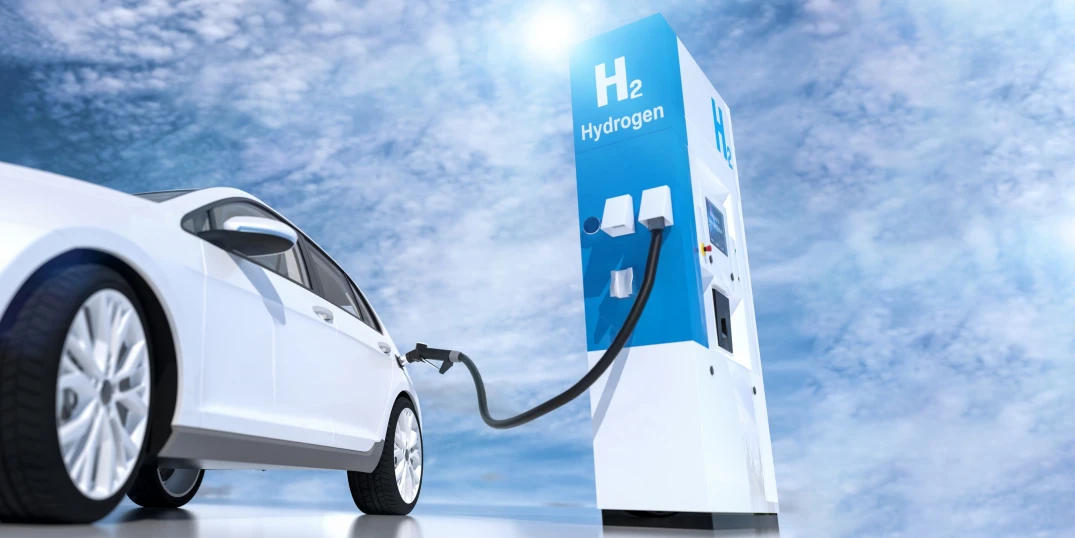
Hydrogen fuel has emerged as a promising alternative to traditional fossil fuels, offering a cleaner and more sustainable solution for the transportation sector. One of the key advantages of hydrogen fuel is its fast refuelling capability, making it a prime choice for a wide range of vehicles, from cars to trucks. In this article, we delve into the potential of hydrogen refuelling stations in terms of the number of vehicles they can efficiently refuel within a 24-hour span, highlighting how this advantage positions hydrogen-powered vehicles ahead of battery electric vehicles.
Hydrogen Refueling Stations: Efficiency at its Best
Hydrogen refuelling stations are designed to accommodate both individual vehicles and commercial trucks, offering a versatile refuelling solution for various transportation needs. The number of vehicles a station can refuel within 24 hours largely depends on its capacity, refuelling speed, and the type of vehicles it caters to.
Refuelling Cars
Hydrogen refuelling stations designed for passenger cars are equipped with multiple nozzles, allowing for seamless simultaneous refuelling. On average, a single nozzle can accommodate approximately 10 to 12 cars per hour (considering a rate of 1 car every 5/6 minutes). This translates to a potential refuelling capacity of 240 to 288 cars over the course of a full day. When considering stations with multiple nozzles, which typically range from 4 to 10 nozzles depending on the station's design and capacity, the refuelling capability expands significantly.
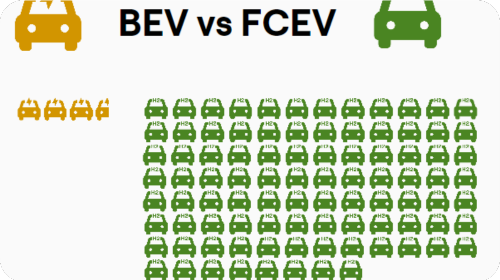
A station with 4 nozzles, for instance, can serve around 960 to 1,152 cars within a 24-hour period, while a station with 10 nozzles has the potential to refuel an impressive 2,400 to 2,880 cars per day.
Refuelling Trucks
Commercial trucks, often requiring higher quantities of fuel due to their larger size and greater range demands, can also be efficiently refuelled at hydrogen stations. The number of trucks that a station can refuel within 24 hours depends on its specific design and the refuelling rate. Generally, a station equipped with high-capacity pumps can refuel around 4 to 6 trucks per hour. Over a full day, this translates to approximately 96 to 144 trucks, showcasing the station's ability to support the commercial transportation sector effectively.

The Power of Fast Refuelling
One of the primary advantages of hydrogen refuelling stations is their ability to provide fast refuelling, a feature that sets them apart from battery electric vehicles (BEVs). While BEVs require a longer time to recharge their batteries, hydrogen vehicles can refuel in a matter of minutes, akin to the time it takes to fill up a gasoline or diesel vehicle. This quick refuelling turnaround significantly reduces downtime for both individual drivers and commercial operators, making hydrogen an attractive option for those who require efficient and convenient refuelling options.
Conclusion
Hydrogen refuelling stations have showcased their potential to revolutionize the transportation industry by offering a swift and practical refuelling solution for vehicles ranging from cars to trucks. With the capacity to serve a substantial number of vehicles within a 24-hour timeframe, hydrogen refuelling stations are a crucial component in realizing a future powered by sustainable transportation. The advantage of rapid refuelling further solidifies hydrogen's position as a viable alternative to traditional fossil fuels, positioning it as a frontrunner over battery electric vehicles for applications where time-sensitive refuelling is of paramount importance. As the world continues to prioritize sustainable energy solutions, hydrogen's efficiency and versatility in refuelling could play a pivotal role in shaping the way we drive and transport goods.
